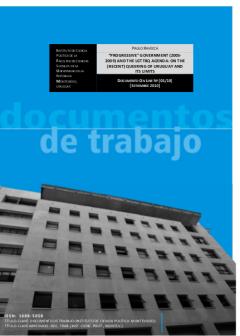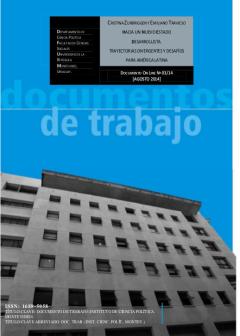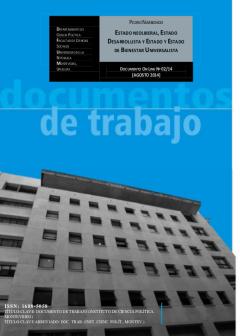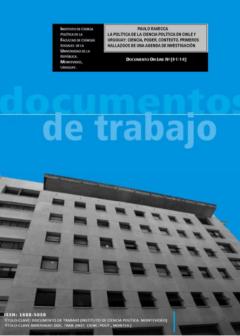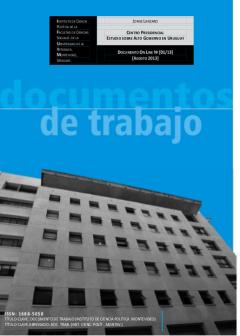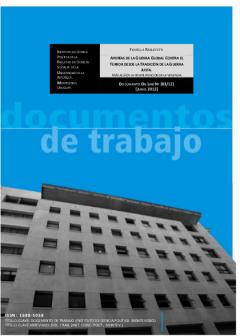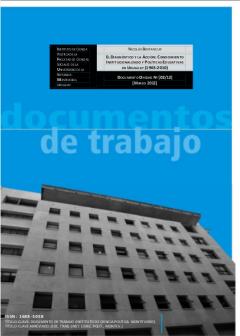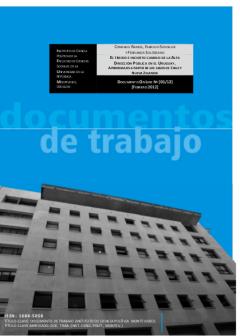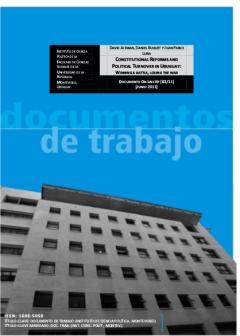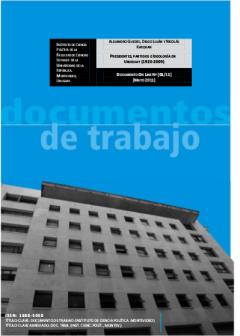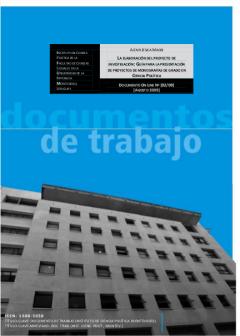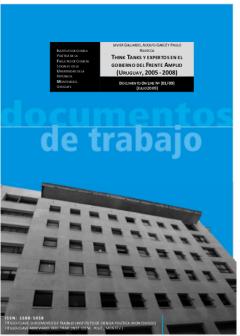- Instituto de Ciencia Política. Facultad de Ciencias Sociales. Universidad de la República - ICP/UDELAR | Uruguay
"Progressive" government (2005-2009) and the LGTTBQ agenda
On the (recent) queering of Uruguay and its limits
Compartir:
The transition from being the object of humiliation of heterosexist discourse, to being a subject who transforms the horror suffered into (self) creation ("resubjectivization") - the main motif of Didier Eribon's Réflexions sur la question gay (1999) - somehow describes what many queers have experienced in Uruguay in recent years, not only as individuals but also, and especially, as a collective. Even though, as is superbly captured in the famous metaphors of the Uruguayan thinker Real de Azúa (1984) ("shock absorber society", "the impulse and its containment"), Uruguay is seen and analyzed as a country in which extremes are avoided and "time goes by slowly", its "metropolitan coming out" (Sinfield, 2000) has been deep and relatively fast. These days, Montevideo seems, to many and different observers, an "open environment" – a "queer-friendly place" (Sempol, 2008). 2 In this sense, the country in which I grew up is very different from that which I left some months ago.
Institución: Instituto de Ciencia Política. Facultad de Ciencias Sociales. Universidad de la República - ICP/UDELAR | Uruguay
Para más información o adquirir la publicación cliquee aquí
Institución: Instituto de Ciencia Política. Facultad de Ciencias Sociales. Universidad de la República - ICP/UDELAR | Uruguay
Para más información o adquirir la publicación cliquee aquí
Detalle
- ISBN:1688 ‐ 5058
- Editorial/es:ICP/UDELAR
- Ciudad de edición:Montevideo
- País:Uruguay
- Fecha de publicación:Septiembre de 2010

